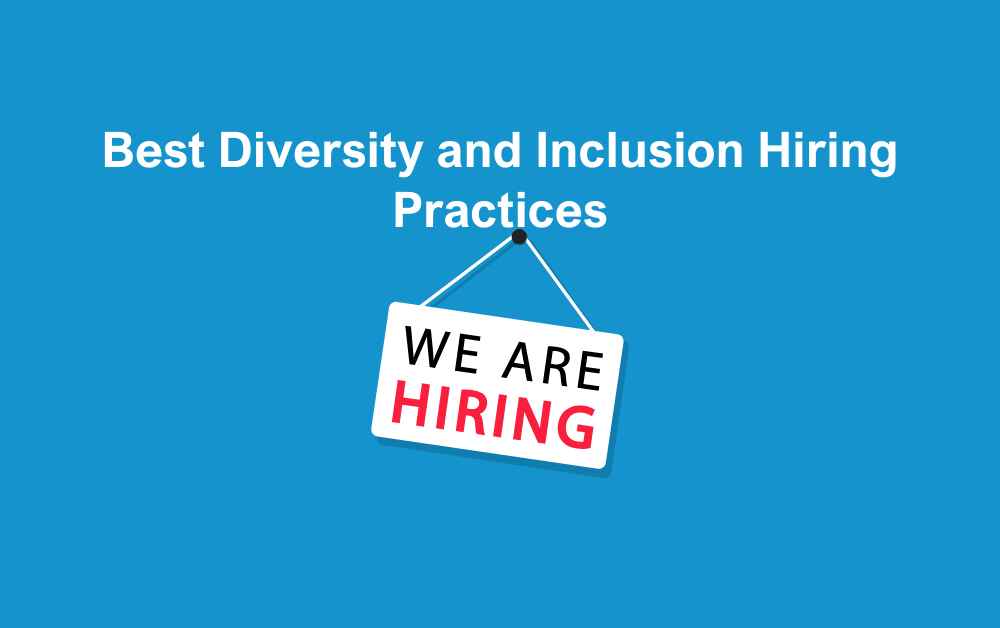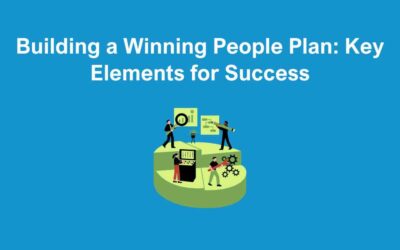The best diversity and inclusion hiring practices help organisations build fairer, more effective recruitment processes. Yet, according to a recent CIPD survey, only 28% of UK employers train all interviewers on legal and objective hiring, and even fewer check for biased language in job adverts or ensure selection tests are fair. Since no one is immune to bias, it’s vital to redesign hiring methods to minimise discrimination and focus on finding the best person for the job.
Below, we outline the most effective best diversity and inclusion hiring practices to help your organisation attract, hire, and retain a more diverse workforce.
1. Review and Rewrite Job Descriptions
Inclusive job adverts are essential for attracting a broad range of candidates. Avoid jargon and gender-coded language that may discourage applicants from underrepresented groups. Use inclusive language and focus on skills and competencies rather than background or specific experience.
2. Expand Sourcing Channels
Relying on the same recruitment platforms often leads to the same candidate pool. Widen your reach by advertising roles through diverse job boards, community organisations, universities, and professional networks aimed at underrepresented groups. This ensures your vacancies are seen by a more diverse audience.
3. Implement Structured Interviewing
Bias can easily creep into unstructured interviews. Structured interviews, where every candidate is asked the same set of questions and assessed against consistent criteria, help to reduce subjectivity and create a fairer process. Panel interviews with diverse representation can also offer multiple perspectives.
4. Provide Unconscious Bias Training
All individuals involved in the recruitment process should undergo regular training on unconscious bias and inclusive hiring practices. This is key to helping recruiters and hiring managers recognise and challenge their own assumptions, many of which operate unconsciously. Bias can influence everything from how CVs are reviewed to the way interview questions are interpreted, often without people realising it. By raising awareness and equipping managers with practical tools, organisations can make more objective, consistent hiring decisions.
At The HR Booth, we offer tailored management training that includes unconscious bias awareness and inclusive recruitment techniques. Our training helps teams build fairer hiring processes and promotes a more inclusive workplace culture overall.
5. Diversify Hiring Panels
Including individuals from a range of backgrounds on hiring panels helps bring varied perspectives and reduces the risk of unconscious bias. When different viewpoints are represented – whether through gender, ethnicity, age, or professional experience – hiring decisions are more likely to focus on a candidate’s skills and potential rather than assumptions or ‘gut feeling’. This leads to fairer, more balanced outcomes.
Diverse panels also send a clear message to candidates that your organisation values inclusion and is committed to building a representative workforce. However, it’s important not to rely solely on minority team members for every panel. Instead, all hiring managers should be trained in inclusive recruitment to ensure fairness is embedded throughout the process.
6. Prioritise Cultural Add, Not Just Cultural Fit
Hiring for ‘cultural fit’ can inadvertently lead to a lack of diversity. Instead, focus on ‘cultural add’ – candidates who bring different perspectives, backgrounds, and experiences that can enrich your organisation’s culture.
7. Offer Flexible and Inclusive Benefits
Inclusive hiring doesn’t stop at the offer letter. Ensure your workplace policies and benefits cater to a diverse workforce. This includes flexible working, parental leave policies, mental health support, and inclusive holiday policies.
8. Collect and Monitor Data
Track diversity metrics throughout your recruitment funnel – from application to hire. Analysing this data helps identify potential barriers and refine your best diversity and inclusion hiring practices for future improvement.
9. Create a Welcoming Onboarding Experience
An inclusive onboarding process sets the tone for a positive employee experience. Provide new hires with access to employee resource groups, mentorship opportunities, and clear guidance on your organisation’s commitment to diversity and inclusion.
Clear communication about your organisation’s commitment to inclusion – including policies, behaviours, and expectations – reinforces that this is more than a tick-box exercise. A thoughtful, inclusive onboarding experience can significantly improve employee engagement, retention, and long-term success.
Leadership Commitment
Inclusion starts at the top. Leaders must demonstrate a genuine commitment to diversity by setting clear expectations, allocating resources, and holding themselves accountable for progress. This commitment should be reflected in company policies, practices, and everyday interactions.
Final Thoughts
Improving your best diversity and inclusion hiring practices is not a one-off initiative – it’s a continuous process of learning, adapting, and embedding inclusive principles at every stage of recruitment. By doing so, you’ll not only attract top talent from all walks of life but also foster a more innovative, engaged, and resilient workforce.
Contact Us
If you would like support with recruitment in your organisation, contact our experts today.







